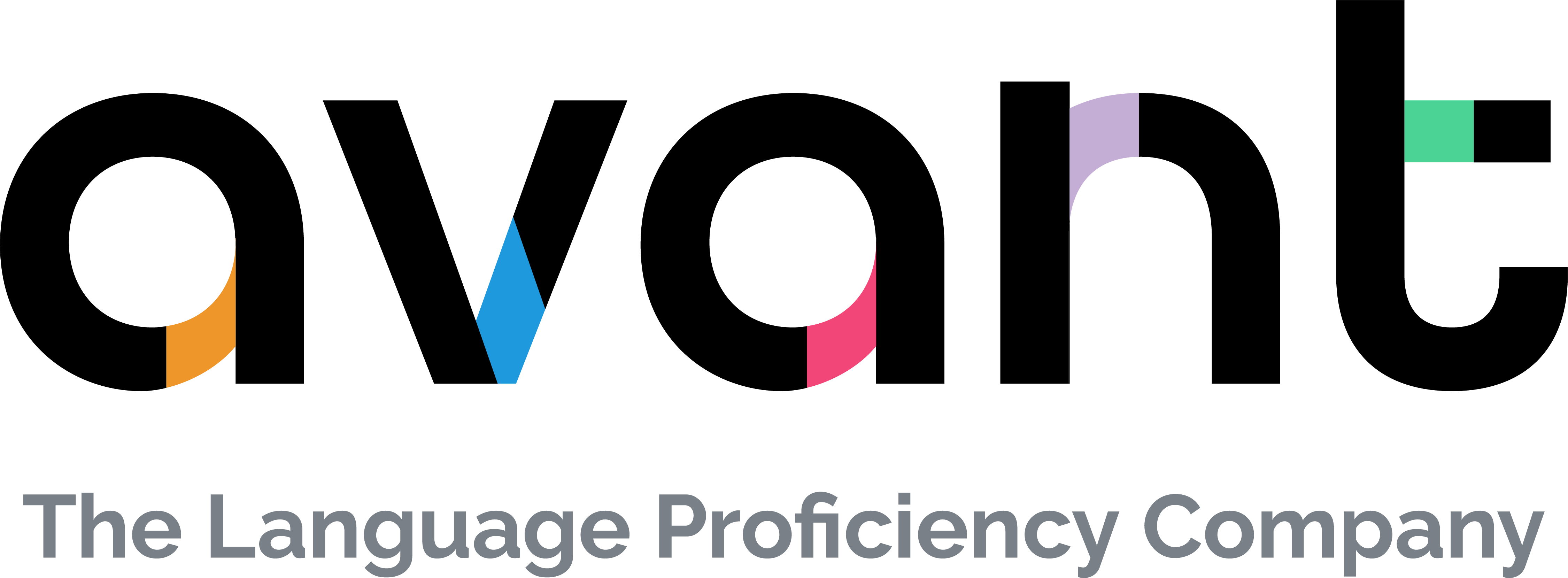Dive Brief:
- Instructional coaching can be a means of extending the trajectory of a teacher's career. But a challenge can be structuring that new role so that the coaches are still immersed in the lives of students, notes a Q & A in Education Week.
- Coaches can try to mitigate that loss of connection to students by making sure that the students of the teacher they're coaching know them, and visiting the classroom regularly.
- While teachers who transition to coaching express a desire to support their fellow educators, they recognize that funding, support from the administration, a school culture that supports coaching and teachers who welcome it are necessary for the process to succeed.
Dive Insight:
The goal of teachers-turned-coaches is essentially the same as it was in the classroom: to improve student achievement. Instructional coaches are tasked with duties including meetings with teachers or administrators, teacher observations, student reading intervention and planning time. Research and resource acquisition may also part of the job. A good coach can allow teachers the time to assess students' needs, and the capacity to acquire or create the resources to meet those needs.
Successful coaching depends not only on the qualities of individual coaches, but also on district- and school-level factors that can either or
advance the coaches’ efforts. District leaders need to provide explicit and continuing support for the coaching program. The support of district administrators who supervise and evaluate principals, as well as those in the district central office who develop curriculum guides and local assessments, is especially important. District leaders should provide principals with professional development that enables them to create a school culture in which coaching is both routine and safe for teachers, and to have their work observed and critiqued.
Principals often can't create the school cultures suitable for coaching without strong direction and support from the district. Principals can also honor coaches’ roles and refrain from having them "pitch in" with random tasks, such as proctoring exams and lunch duty. It is up to the district to make clear to principals what is and is not acceptable for them to assign to coaches. Also, the issue of coaches reporting back to principals their observations of teacher performance can be a dicey one, capable of causing distrust of coaches by teachers. The interaction between coaching and teacher evaluation can be directly addressed at the outset, so that teachers can build enough trust in coaches to allow them to identify their weak spots.






 Dive Awards
Dive Awards







